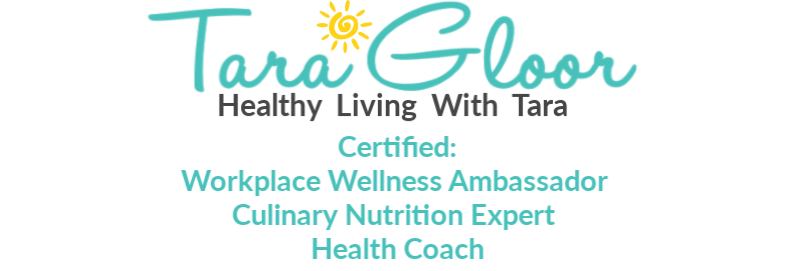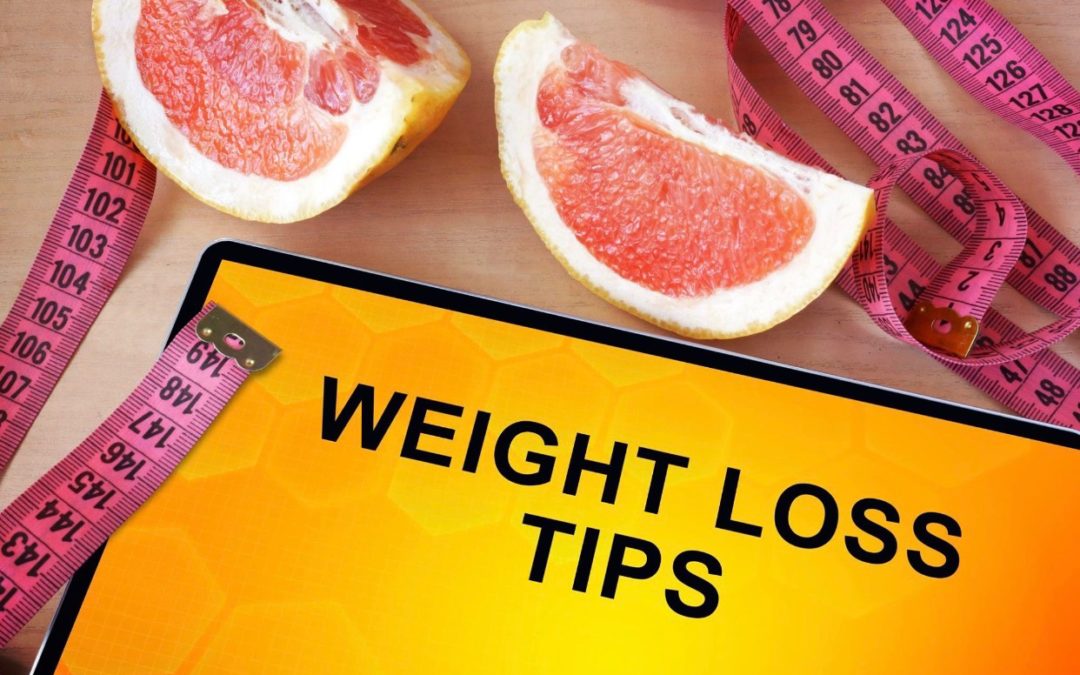Today my guest editor is Dr. Michelle McMacken. She is a board-certified internal medicine physician and an assistant professor of medicine at NYU School of Medicine. She is committed to educating patients, medical students, and doctors about the power of healthy eating and lifestyle modification. You can learn more about her here.
Dr. McMacken’s article 12 Tips for Healthy Weight Loss with Benefits Beyond the Scale is spot-on for sustainable weight-loss. Diets and deprivation simply do not work for long-term success.
Here are twelve of my favorite weight-loss tips:
- Start “crowding out” animal products, high-fat foods, and processed foods.
Gradually add more whole plant foods to your diet. You can begin with plant foods you already like and build from there. Eat a whole plant food (such as a piece of fruit) or a dish made from whole plants (such as a vegetable or bean soup or a salad) before one of your usual meals, so that you won’t have as much room for the less-healthful foods.
If you are ready to make the full leap to a whole-food, plant-based diet, you will likely see benefits even faster. Consider trying one of the many plant-based/vegan “kickstart” programs available online or in print.
- Focus on the positive—the nutrient-dense, high-fiber foods you are adding to your diet—instead of what you are taking away.
Enjoy experiencing new flavors (this is what I call “taste-bud rehab”), rather than focusing your mental energy on the unhealthy foods you are trying to remove from your diet.
- Choose the right kind of carbs!
Avoid processed carbs, such as white bread, white rice, and white pastas, even if they are vegan/plant-based. Stick to whole plant foods in their most natural form—brown or wild rice, quinoa, barley, oats, sweet potatoes, beans, lentils, and of course, an abundance of colorful vegetables and fruits.
- Remember that oil is a processed food.
Oil is very dense in calories, so it can easily sabotage your weight-loss efforts. Oil-based salad dressings, for example, dramatically increase the calories in a salad.
- Avoid liquid calories.
Don’t drink your calories, especially in the form of sports drinks, sodas, other sweetened beverages, and alcohol. The calories in these drinks add up fast and don’t fill you up. And for weight loss, in my experience, eating whole fruit trumps drinking fruit juice. Water is the only beverage we actually need.
- Have conversations with your family and/or close friends.
Talk to the people you live with about how they can best support your weight-loss efforts. Many of us have cravings for certain junk foods and/or sugary desserts, and when these items are readily available in the kitchen, it’s pretty challenging to resist them. Ideally, family members should be on board with not bringing these foods into your house. In my practice, I encourage my patients to bring their partners and other family members to their appointments with them, so we can talk about behavior changes together.
- Track positive behaviors (such as taking a walk at lunch, trying a new vegetable, or avoiding a sugary coffee beverage).
Keep track of the positives, so that you can look back and see the progress you are making. Many of these changes have important health benefits, independent of weight loss. Also, keep in mind that losing just 5% of your body weight can have significant health benefits if you are overweight or obese.
- Aim for at least 30 minutes of physical activity most days of the week.
Your daily activity can be as simple as walking. Although dietary changes tend to be more effective than exercise for weight loss, exercise is key to preventing weight regain and has numerous other health benefits.
- Eat as mindfully as you can.
Whenever possible, avoid reading or using technology (television, computer, phone, gaming, etc.) while eating. Savor each bite and focus on the experience of tasting your food.
- Be aware of your hunger cues.
Rate your hunger on a scale of 1 to 10, where 1 is very full and 10 is extremely hungry. Don’t let yourself get to a 9 or 10. This requires some planning. Eat something when your hunger level reaches 7 or 8, so that you won’t become ravenous later and make a desperate, unhealthy food decision.
- Don’t worry if you don’t lose weight right away.
The rate at which people lose weight depends on many factors, including activity level, age, muscle mass, health conditions and medications, and of course caloric intake. I don’t encourage setting goals around the rate of weight loss. Rather, focus on behavior and health goals, such as cooking at home more often, eating more servings of whole plant foods, and increasing physical activity. For most people, this approach will result in safe and sustainable weight loss. I’m not a fan of fasting for weight loss, meal replacement programs, weight-loss pills/supplements, or other practices that are not durable and do not promote long-term health.
- What if you are already eating plant-based but not losing weight?
Examine whether you are eating refined carbohydrates and other processed foods on a regular basis. Look out for added oils and sugars in your food. Are you eating out at restaurants and/or getting take-out regularly? These meals tend to be much higher in calories than similar meals prepared at home. Finally, consider reducing portions of calorie-dense foods such as dried fruits, nuts, olives, seeds, and avocados.
So what is the best way to eat for weight loss and overall health?
We’ve known for a long time, from large-scale observational studies, that vegetarians and vegans consistently have lower body mass indexes and significantly lower rates of obesity compared with omnivores. Research also shows that animal products are linked to weight gain and that plant-based diets are effective for weight loss, without calorie counting or measuring portions. This is likely due in part to the high fiber content, which promotes satiety without excess calories.
Research aside, thousands of personal anecdotal reports and years of clinical experience attest to the fact that people who begin following a whole-food, plant-based diet almost always lose weight, and sometimes dramatically!
Probably the most important benefit of following a plant-based diet for weight loss is that it also decreases the risk of heart disease, high blood pressure, high cholesterol, diabetes, dementia, certain cancers, and even death. I know of no other “weight-loss diet” that can make such a claim. As a physician, I don’t think we should be separating weight issues from other health risks. I question the wisdom of following a diet (high-protein, low-carb, for example) that might help you lose weight in the short term but increases your chance of having significant health problems later on.
Thanks to Dr. Michelle McMacken for her insights into healthy, and sustainable weight loss.
Join my 14-Day Online Spring Detox starting April 25th, 2016
Click here for details!
Keep well, and thanks for reading



